Out Now
The Mental Health Issue
Current Issue
The Mental Health Issue
AUG - SEPT 2025

We all have biases, but that can be a bit of a bugger when you’re running a business. Banish bias and you’ll learn to make better decisions.
Life is busy. Work is complex. Making decisions is hard. So, your brain takes shortcuts – to reduce the amount of time you need to spend deciding who to hire, whether to expand your business or how to solve a tricky problem on site.
But sometimes, your brain gets it wrong. And how you go about your day is driven by a bunch of flawed assumptions about how your world works. These errors are called biases.
Nobody’s perfect and we all have biases. But here’s the thing: it’s possible to reduce your bias, and in the process become a better contractor and boss.
Let’s start at the beginning. Heuristics – or rules of thumb – are mental shortcuts that help you solve problems and make judgements quickly and efficiently. If you had to constantly evaluate the fastest way to drive to a site, which café serves the best coffee or the easiest way to crawl into a roof space, you’d never get your job done.
The power of heuristics means that these errors or misjudgements are repeated over and over again. Crucially, they can contribute to stereotypes and prejudice.
“A heuristic reduces the amount of mental effort we need to put into making a decision. It’s a product of trying to be adaptive in the way that we make decisions efficiently. But sometimes these shortcuts can lead to errors or biases,” explains Ben Newell, a Professor of Behavioural Science in the School of Psychology at the University of New South Wales.
Clea Smith, CEO of Tradeswomen Australia, which offers bias training to businesses, says humans are naturally biased. “The only way our brains can make sense of the world is to simplify it by putting things and people into mental category ‘buckets’,” she says.
It’s a human condition, rather than a character flaw. It’s a preference for what you know, as opposed to what you don’t know.”
Bias can protect us from harm, but it can also cause mistakes and prevent you from experiencing new and good things on the job.
“Say you’re used to installing things in a particular way and there’s a fairly set routine that you follow for that installation,” says Prof Ben. “Then you move to a different setting where things might be quite similar, but there’s something crucial that’s different about this particular method of installation.
“There may be a temptation to employ a heuristic that will typically work in most circumstances – for example, do A, B, C and then D. But in this particular situation, you need actually need to do A, B, C and then X because the way that the system is set up is different.”
When you’re the boss, the potential impact of bias on recruitment is significant, Clea says. “You might have a standard process of who you recruit – perhaps a referral through family, someone who lives close by or someone who looks like you,” she says.
Bias can also get in the way of using new suppliers, developing your business plan and expanding your business. “Maybe you have some biases about change, how you’re going to get there, or your own capabilities or the capabilities of your staff,” Clea says.
We probably don’t need to tell you that bias can be about someone’s ethnicity, gender, age, accent or sexual orientation, and that it can result in the creation of unfair advantages or disadvantages. “It could affect who gets a promotion, who loses their job and who has a good or bad experience at work every day,” explains Clea.
Biases against apprentices and female tradies are especially common and frequently reinforced. The trouble is that beliefs about who is capable of doing what on the job can be misinformed and fuel missed opportunities for workers and businesses. Your bias may stop you thinking about how you can help everyone perform at their best – and how this can help your business grow.
It’s not possible or even desirable to completely get rid of bias, but being aware that your brain’s trusty shortcuts may not always be accurate – or fair – and a healthy dose of self-reflection can help to keep troublesome bias in check.
“What’s great about being human is that we can consciously make decisions to change if we’re going to benefit from them,” Clea says.
Prof Ben agrees.
Say you need to employ a new electrician. Instead of honing in on your preference (read: bias) for a 40-something bloke with a bit of experience under the belt who lives close by, expand your pool of candidates.
“Perhaps there’s a great young worker who lives far away but always turns up on time and is trustworthy,” Clea says, explaining that Tradeswomen Australia works with employers to attract and retain tradeswomen to reduce skills shortages.
Or maybe you’re interested in a new supplier but worry about a potential language barrier. “If they’ve got the product you need, making an effort to overcome any communication issues is worth it,” Clea suggests.
Ultimately, banishing bias is about putting those mental shortcuts to one side every now and then, and letting your brain do the hard yards. “It can really transform the way you react to situations and run your business,” Clea says.
Brains are weird and there are oh-so-many different types of bias. Here are some psychologist favourites:
Wondering if it’s bias or experience guiding you? Well, it’s both – your bias is a result of your experiences in life.
“As you grow up, you develop bias. It’s natural and it’s not a character flaw to have a bias. It’s just a bias – a preference for this over that,” Clea says.
Keep up to date with our latest news and competitions by subscribing to our regular newsletter.

Issue 183
OCT - NOV 2024

Issue 182
AUG - SEPT 2024

Issue 181
JUN - JUL 2024
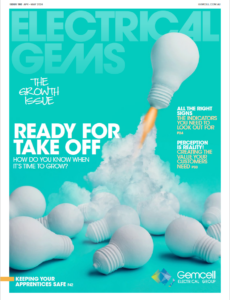
Issue 180
APR - MAY 2024
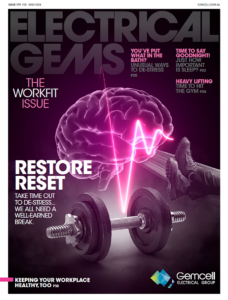
Issue 179
FEB - MARCH 2024

Issue 178
DEC 2023 - JAN 2024
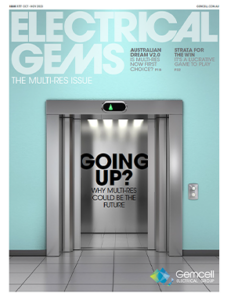
Issue 177
OCT - NOV 2023
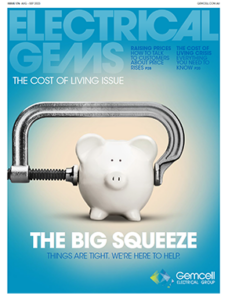
Issue 176
AUG - SEPT 2023

Issue 175
JUN - JUL 2023
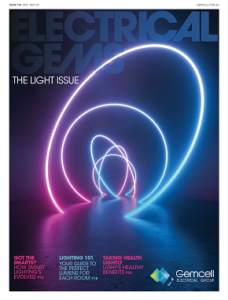
Issue 174
APR - MAY 2023

Issue 173
FEB - MAR 2023

Issue 172
DEC 2022 - JAN 2023
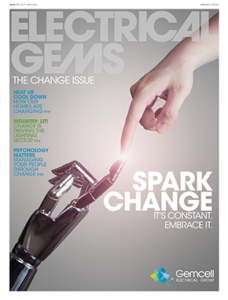
Issue 171
OCT - NOV 2022

Issue 170
AUG - SEPT 2022

Issue 169
JUN - JUL 2022

Issue 168
APR - MAY 2022
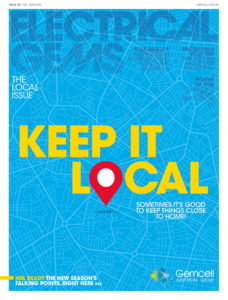
Issue 167
FEB - MAR 2022

Issue 166
DEC 2021 - JAN 2022

Issue 165
OCT - NOV 2021
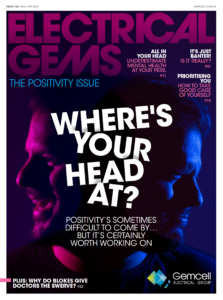
Issue 164
AUG - SEPT 2021
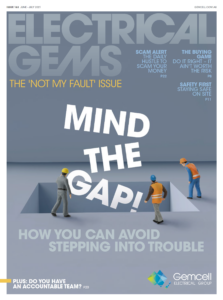
Issue 163
JUN - JUL 2021
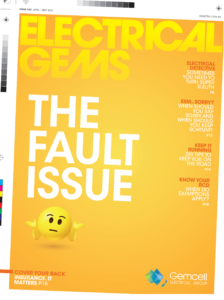
Issue 162
APR - MAY 2021

Issue 161
FEB - MAR 2021

Issue 160
DEC 2020 - JAN 2021

Issue 159
OCT - NOV 2020

Issue 158
AUG - SEPT 2020
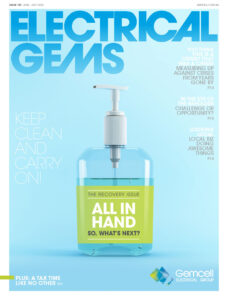
Issue 157
JUN - JUL 2022

Issue 156
APR - MAY 2020
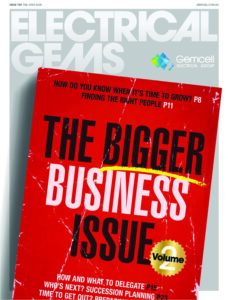
Issue 155
FEB - MAR 2020

Issue 154
DEC 2019 - JAN 2020

Issue 153
OCT - NOV 2019
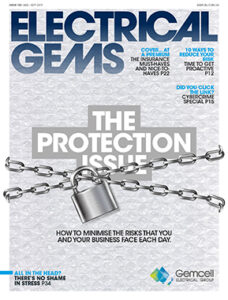
Issue 152
AUG - SEPT 2019

Issue 151
JUN - JUL 2019

Issue 150
APR - MAY 2019
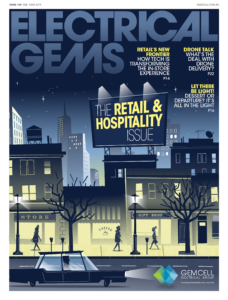
Issue 149
FEB - MAR 2019
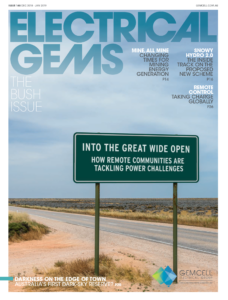
Issue 148
DEC 2018 - JAN 2019
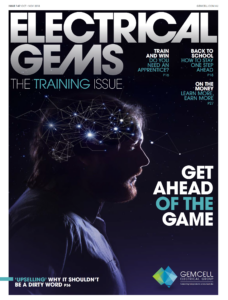
Issue 147
OCT - NOV 2018

Issue 146
AUG - SEPT 2018

Issue 145
JUN - JUL 2018

Issue 144
APR - MAY 2018

Issue 143
FEB - MAR 2018
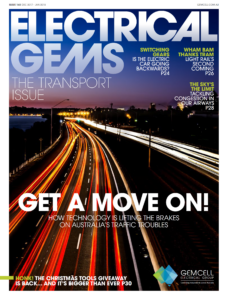
Issue 142
DEC 2016 - JAN 2017
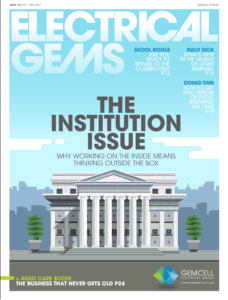
Issue 141
OCT- NOV 2017

Issue 140
AUG - SEPT 2017
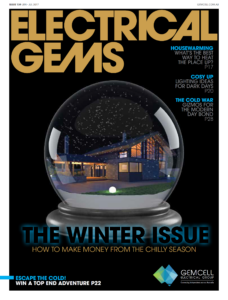
Issue 139
JUN - JUL 2017
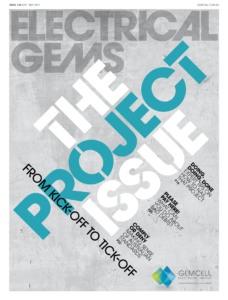
Issue 138
APR - MAY 2017

Issue 137
FEB - MAR 2017

Issue 136
DEC 2016 - JAN 2017

Issue 135
OCT - NOV 2017

Issue 134
AUG - SEPT 2016

Issue 133
JUN - JUL 2016
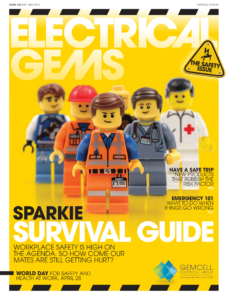
Issue 132
APR - MAY 2016

Issue 131
FEB - MAR 2016

Issue 130
DEC 2015 - JAN 2016
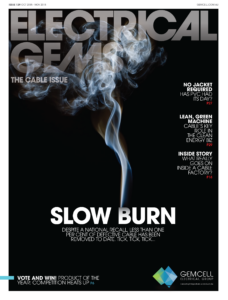
Issue 129
OCT - NOV 2015

Issue 128
AUG - SEPT 2015

Issue 127
JUN - JUL 2015

Issue 125
APR - MAY 2015

Issue 125
FEB - MAR 2015

Issue 124
DEC 2014 - JAN 2015
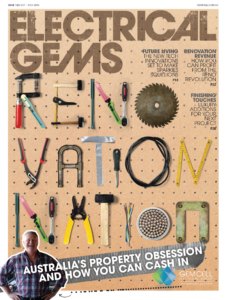
Issue 123
OCT - NOV 2014
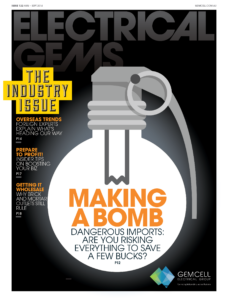
Issue 122
AUG - SEPT 2014

Issue 121
JUN - JUL 2014
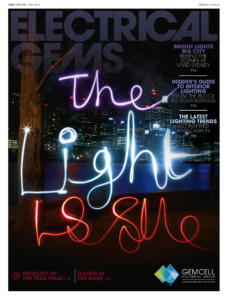
Issue 120
APR - MAY 2014

Issue 119
FEB - MAR 2014
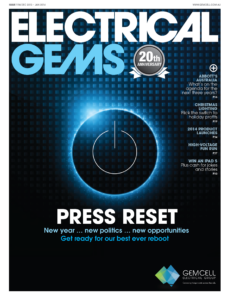
Issue 118
DEC 2013 - JAN 2014

Issue 117
OCT - NOV 2013
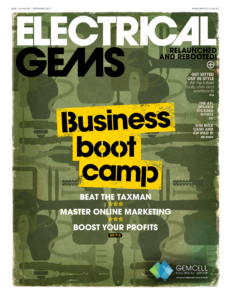
Issue 116
AUG - SEPT 2013

Comments (0)
Write a Comment